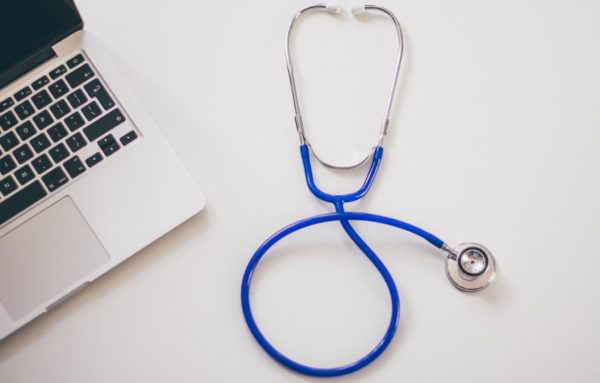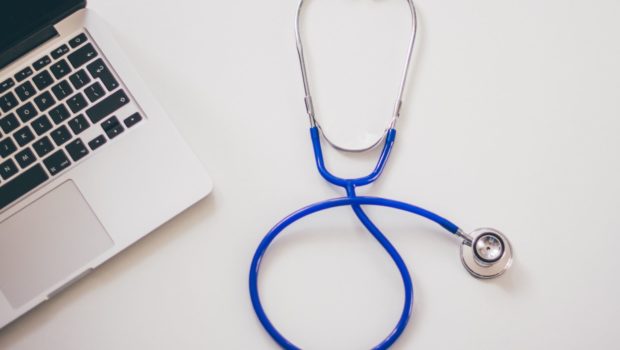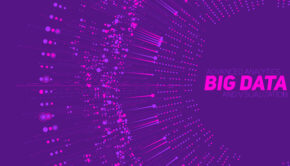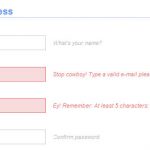The Role of Big Data in Public Health
Big data powers a world of modern innovation. Virtually every sector of the economy has come to adopt big data in one form or another. The innovations stemming from big data have even given us public health solutions that have helped cut down on the transmission of COVID-19.
Through the potential that these stores of digital information have to offer us, we see a glimpse into the role of big data in public health. This means exceptional access to research and care — but it also means privacy and security risks.

Image Source: Pexels
Understanding dig data’s role in public health as it continues to evolve should be a priority to anyone who cares about their medical care and digital records. Here, we explore how big data is transforming public health through applicable, scalable technologies and treatments.
Big Data Is Transforming Healthcare
Big data is now gathered on a gargantuan scale. The dozens of zettabytes collected from around the world represent everything from likes to medical predispositions. That data — de-identified and handled responsibly — can lead to endless insights into medical conditions, treatments, and prevention methods. Already, these tools are being applied in public health solutions.
From Internet of Things (IoT) medical devices to machine-learning pandemic-tracking features, big data has empowered new technologies to allow for greater transparency and responsiveness of care. IoT in medicine alone has the power to bridge patient data with their physicians in a seamless, insightful connection, bringing preventative treatments into the future.
With the power of wearable devices and sensors spanning vast networks, the potential for data collection is enormous. Public health professionals with access to this data can then track patterns such as the spread of a pandemic or the correlations between symptoms and risk factors.
Data equates to a better understanding of communicable diseases and their movements. It also allows for greater accessibility of healthcare through better telemedicine. With machine learning processes fueled by big data, care providers can now diagnose some ailments and prescribe treatments over video calls. This allows patients who are vulnerable or who live far from care to more safely and cost-effectively access the resources they need.
And the best part is, the process only improves the more it’s used. Big data strengthens machine learning by feeding it new variables and corresponding patterns. With all the potential of such a system in healthcare, it should be no surprise that big data has already made waves across the sector.
Applicable Big Data Care
By fueling AI and machine learning capabilities, big data has produced a variety of use cases in the medical field. From expanding the accessibility of care to fighting medical cybercrime, this tool can maximize the potential of care providers to reach and understand their patients.
Even mental health treatments stand to benefit from data science applications. For example, data scientists at Crisis Text Line have used machine learning to assess how high risk for suicide a person might be based on the words and emojis they use. They use this data to assist those most at risk as quickly as possible in an attempt to maximize the good they can do with the resources they have.
Tracking patterns, symptoms, and rates of infection are all additional features offered by big data. During the COVID-19 pandemic, we’ve seen these applications in play in resources like the Mayo Clinic’s tracking tool for pandemic data. Enhanced by real-time data and predictive analytics, this tool offered key insights into the spread of the virus across counties.
However, with insight comes risk. Cybercrime has exploded in the wake of the coronavirus pandemic, with the healthcare field seeing record-level data breaches in 2020. At $150 per record, medical information is highly sought after by criminals who attempt to infiltrate care facility networks and seize records for ransom.
Fortunately, however, big data can even protect our digital information. With the help of machine learning, data breaches can be modeled and analyzed by an AI that can then learn from the datasets. AI software then scans every access point for suspicious activity with speed and precision that no human technician could match. The result is a system better prepared to stop cyberattacks at their source.
As many as 84% of businesses now use big data tools to power their own cybersecurity efforts. This means more efficient data networks that can block attacks and learn with each attempted breach. With these tools in place throughout our public healthcare systems, we’ll experience a healthier world not just for our physical bodies but for our private data as well.
A Healthier Future
Data powers all kinds of healthcare solutions. Through data analytics, care professionals can leverage better care decisions that cut costs and improve efficiency. Predictive analytics can help streamline every aspect of care, including the supply chain for medical supplies and pharmaceuticals. With better methods of understanding factors in patient success or shipment routes through real-time data, health experts estimate a 15% savings within five years.
But to succeed, healthcare data innovations have to be digitally secure. Fortunately, cloud platforms are being boosted with access controls and AI-powered cybersecurity methods that keep private data private. As the world increasingly comes to rely on the use and access of big data, these solutions will only grow in popularity.
Big data has already assisted public health in fighting COVID-19, protecting medical data, and so much more. In the future, the role of data in healthcare will only grow, making the application and understanding of these tools now a must for healthcare providers.
















